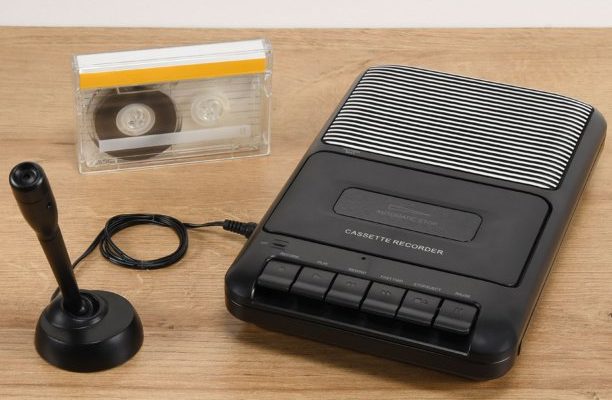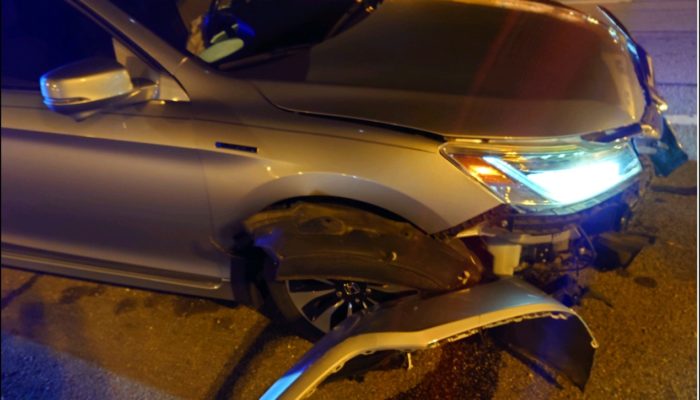
Our last blog post covered the origins of the Holt case, which for the past 20 years has protected injury victims from insurance companies who unreasonably and untimely refuse to settle straight forward injury claims.
Because Holt exposes insurance companies who act in bad faith to potentially large penalties, insurance companies have been pushing the Georgia legislature to repeal Holt time-limit settlement demands.
On March 22, 2013, the Georgia legislature passed House Bill 336, which is a compromise between plaintiffs’ lawyers and insurance companies. The new law, signed by Governor Nathan Deal, codifies the Holt settlement demand process. Fortunately, the new settlement process leaves in place the requirement that insurance companies negotiate claims in good faith.
The new law will be known as O.C.G.A. Sec. 9-11-67.1 and will apply to all automobile wrecks after July 1, 2013. Some of the highlights of the new law are: settlement demand letters now must be sent prior to filing a lawsuit, the claim must involve injuries arising out of the use of a motor vehicle, the demand must be prepared by an attorney, the demand must allow the insurance company 30 days to accept the offer, and the demand must be sent by certified or overnight mail.
The changes will give both sides a fair opportunity to fairly and timely resolve serious car wreck injury cases.
Please call us at (404) 382-9994 if you have any questions regarding the new law.



